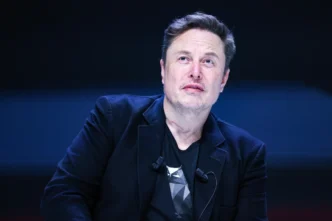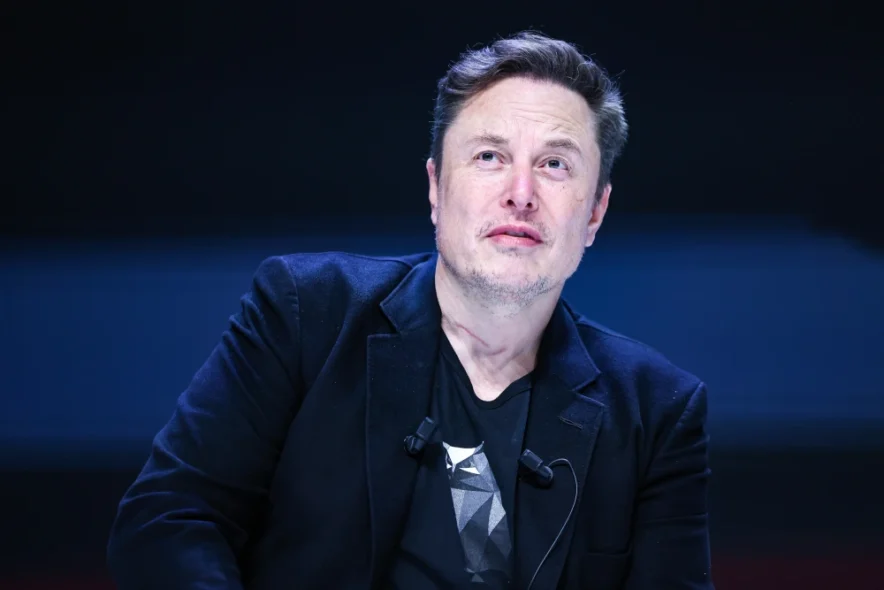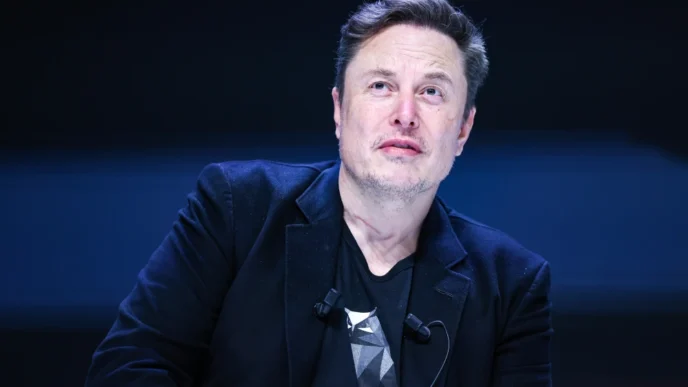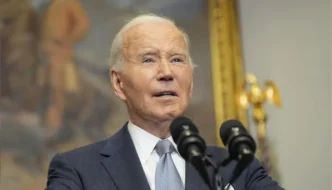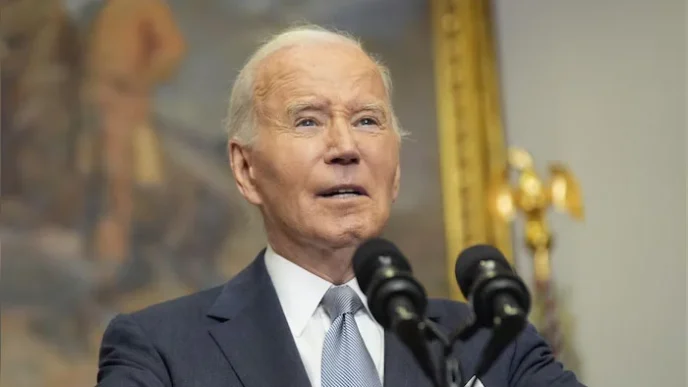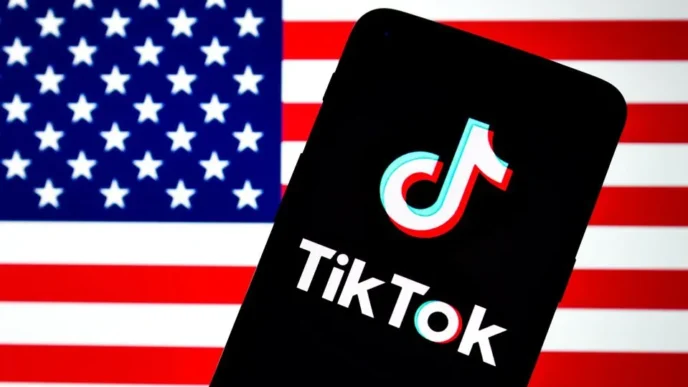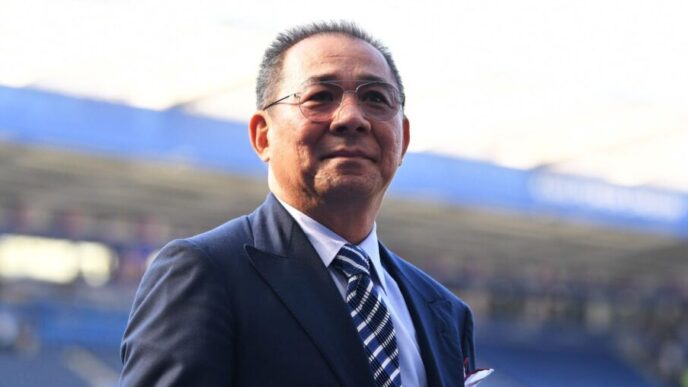French President Emmanuel Macron has strongly criticized Elon Musk for allegedly interfering in European politics, warning of the dangers posed by wealthy individuals influencing democratic systems.
Speaking during a foreign policy address in Paris, Macron indirectly referenced Musk’s actions, accusing him of backing far-right movements, including Germany’s AfD party.
Macron emphasized, “Who could have imagined, 10 years ago, that the owner of one of the world’s largest social networks would intervene directly in elections, including in Germany?”
Macron also accused Musk of promoting a “new reactionary international” movement that threatens Europe’s democratic stability.
He argued that unchecked power concentrated in the hands of billionaires could undermine governance and create instability.
Meanwhile, growing concerns about Musk’s political influence have been echoed by leaders across Europe.
According to Associated Press, Macron’s remarks reflect broader unease over the billionaire’s expanding reach and the need to safeguard European democracy.
German Chancellor Olaf Scholz also addressed Musk’s alleged influence, stating, “We act as if Musk’s statements… could influence a country of 84 million people with untruths or half-truths or expressions of opinion.
This is simply not the case.”Similarly, UK Prime Minister Keir Starmer, responding to Musk’s criticism of his record as a prosecutor, dismissed the claims as “self-serving lies” and called out misinformation campaigns aimed at destabilizing governments.
Furthermore, Norway’s Prime Minister Jonas Gahr Støre expressed concerns over Musk’s actions, telling Reuters, “I find it worrying that a man with enormous access to social media and huge economic resources involves himself so directly in the internal affairs of other countries.”
European leaders have increasingly called for stronger regulatory frameworks to limit the influence of tech billionaires.
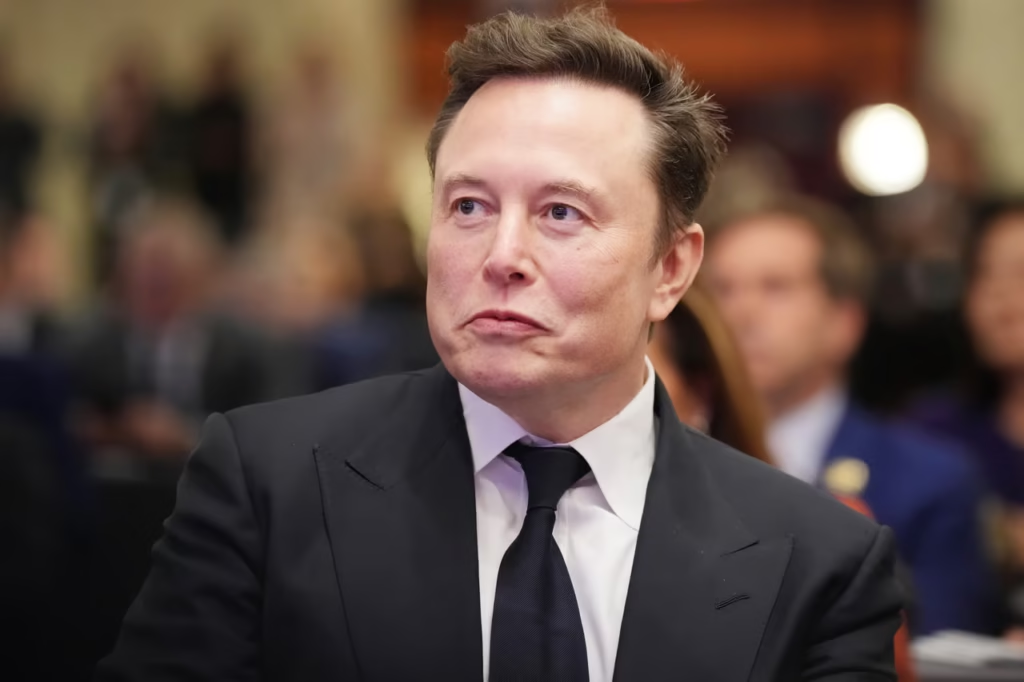
Critics argue that Musk’s ownership of X (formerly Twitter)has amplified misinformation, particularly during critical elections.
This has prompted discussions about establishing stricter guidelines to curb external interference in political processes.
European officials are now urging global cooperation to address the challenges posed by tech moguls wielding unchecked influence over public opinion.
As the debate unfolds, European democracy remains at the forefront of the conversation, with leaders emphasizing the need for accountability and transparency in digital platforms.
